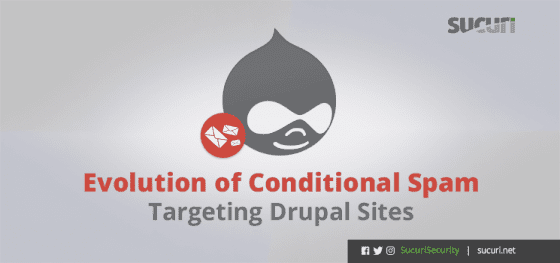Browser Extension Bug Leads to Post Injection
A few years ago, we saw how a browser extension introduced a threat to serve unwanted ads. Today, the number of browser extensions available to users has grown, along with the risk for this similar behavior to occur.
We recently came across a similar … Continue reading Browser Extension Bug Leads to Post Injection



